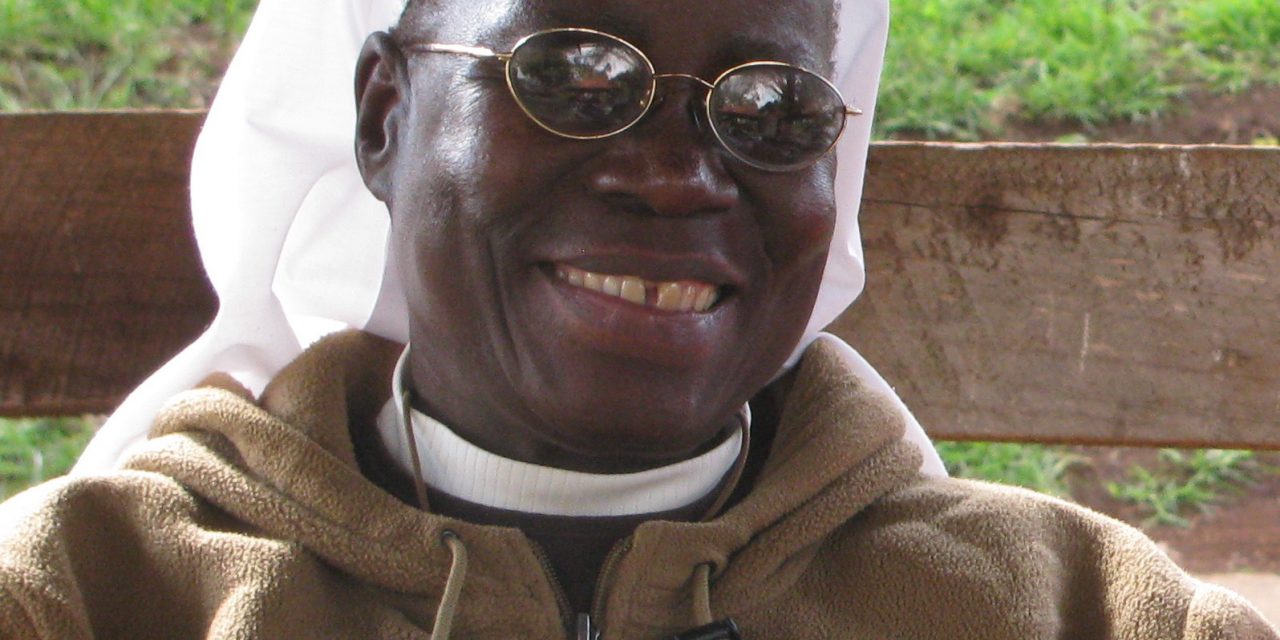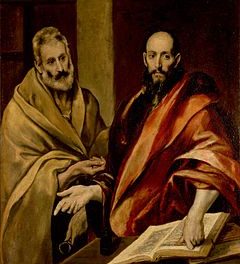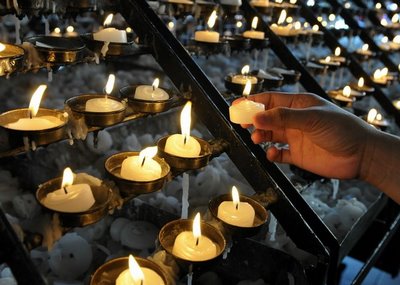
Sister Anne Nasimiyu-Wasike, Little Sisters of St. Francis, died suddenly this week. Her friends are understandably quite shocked and saddened by this news. I count myself among them, having been privileged to meet Sister Anne in Nairobi ten years ago when she was my teacher and mentor at the Maryknoll Institute for African Studies.
Sister Anne served as General Superior of the Religious Institute of Little Sisters of St. Francis from 1992 to 1998 and again from 2010 to 2016 and was Professor of Systematic Theology and Moral Theology in the Philosophy and Religious Studies Department at Kenyatta University in Nairobi, where she also served in many administrative roles, including as acting dean of students for a time. The Daily Nation tribute to her life recounts how she was a tireless advocate for the poor and marginalized, a prolific writer, mentor to thousands of Kenyatta students, savvy administrator, and that she was honored to address the United Nations General Assembly in 2001 on the plight of the woman and girl-child in Africa. She had a warm heart, a passion for justice, enduring hope in God’s promises, and the gift of contagious laughter.
Sister Anne was unafraid to address difficult problems and to speak truth to power. Trained in Catholic systematic and moral theology, her focus was always the “good news” of the gospel in the lived realities of people’s lives. If she witnessed institutional failures to live up to gospel values, she spoke up. She wrote about “the missing voices of women” in her contribution to a volume of essays after the Catholic Theological Ethics in the World Church conference in Trento. Sister Anne contributed an essay, “Polygamy: A Feminist Critique” to a collection The Will to Arise: Women, Tradition, and the Church in Africa; she wrote about “African women’s legitimate role in church ministry” for The Church in African Christianity: Innovative Essays in Ecclesiology. As an advocate for women in the African church, she exposed patriarchy within the institutional church’s practices and advocated for justice in the church and in the world.
One of my favorite publications of hers is her 2001 essay, “Is Mutuality Possible?: An African Response,” published in Missiology, An International Review. There, Sister Anne Nasimiyu-Wasike describes mutuality as “interplay, a two-way traffic or reciprocation,” which can happen “only in a healthy, open relationship.” She then goes on to explain why mutuality is a difficult paradigm for considering relations between the West and Africa because of the legacies of the slave trade, colonialism, neo-colonialism, and now structural adjustment and naked capitalism. In all of these oppressive forces, Christians have been complicit. “There was no mutuality of any kind,” Sister Anne writes, as she describes the devastating results of the trade in human bodies, exploitation of African mineral resources by multi-national corporations, political corruption and the ‘installation’ of Western-friendly African leaders, the HIV and AIDS crisis, and refugee crisis. Theology cannot remain on the sidelines, condoning oppression or staying silent while injustice festers.
Therefore, it is the task of the Western theologians to educate their people that Christianity has been too Euro-American centered to open up to other cultures in the world. The monopoly of Euro-American cultures in Christianity has hampered the adornment of the church with the colors and cultures of other peoples in the world. It has to be recognized that all cultures are relative and equally important. It is only in this realization that the church will move from a Euro-American centered church to a world-centered church (46).
In order to have mutuality, the psychological oppression that Africa has experienced and continues to experience has first to be removed, by realizing that every human grasp of the truth is finite and conditioned, while the divine reality and truth are always more than what can be humanly grasped and expressed. For genuine mutuality to take place, the Euro-American feeling of superiority with regard to culture, religious beliefs, and practices has to be overcome. The Euro-American experience is not the normative, but rather one of many ways by which God is encountered and manifested (47).
We need a theology that maintains and promotes justice rather than charity, equality rather than paternalism, solidarity rather than isolation, communion and restitution rather than giving of loans. We need a theology that affirms differences in various world cultures and learns from them new ways of approaching God and the sacred (52).
Sister Anne’s prophetic words are as relevant today as they were in 2001. How many Catholics in the US context are formed by a Euro-American worldview all too willing to enslave foreigners in far away places by policies that serve “America First”? Mutuality remains elusive.
But Sister Anne would not have let her students end on a note of hopelessness. Good theology penetrates the dark realities of people’s lived experiences, she would say. She spoke of a God who makes a way out of no way, a God who keeps promises, a God who is revealed in the wisdom of a community’s traditions and the miracle of a mother who is able to feed her family in the midst of famine. Sister Anne often wrote about the wisdom of African traditional religion, much of which has been misrepresented when Western Christians ridiculed traditional rituals as “paganism or heathenism.” Drawing on Mbiti’s presentation of African ontology, she adopted a communitarian view of the human person: “I am, because we are; and since we are therefore I am.” In her all-encompassing view of the sacred, Sister Anne held up an understanding of human interdependence and a view of justice that encompasses relationships beyond the nuclear family to include the clan, ethnic group, the unborn, the living dead (ancestors), and to the whole created reality-in-God.
We can now count Sister Anne among “the living dead,” among our ancestors in the struggle for right relationship with God and each other.
Thank you, Sister Anne, for your tireless commitment to the poor, to the hungry, to orphans, to refugees, to your students, to the women you served in your religious order, to all with whom you came in contact.
Rest in God’s peace, Sister Anne.





